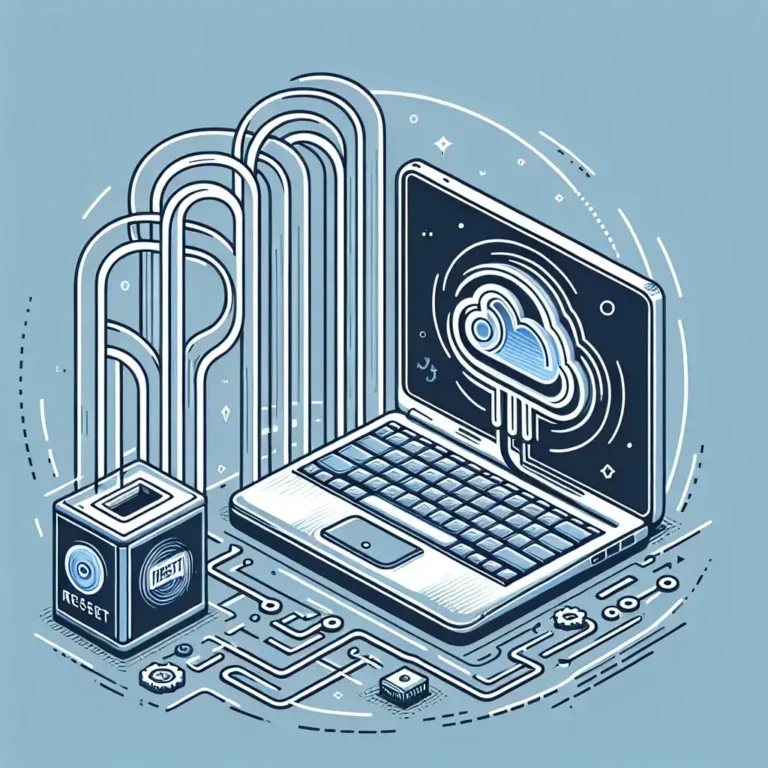How Academic Ethics Frameworks Evaluate AI Parenting
Introduction
As technology evolves, so does its integration into everyday life, notably in parenting. Artificial Intelligence (AI) has begun to play a significant role in how parents raise their children, leading to an emerging field of study focused on academic ethics frameworks evaluating AI parenting. This article delves into the academic principles that guide ethical considerations in AI-driven parenting practices, the benefits and challenges that arise, and future implications for families and society.
Understanding AI Parenting
AI parenting refers to the utilization of artificial intelligence tools and applications that assist parents in various aspects of child-rearing. This includes everything from monitoring child development and providing educational resources to offering emotional support and facilitating communication. As AI technologies become more prevalent, understanding their ethical implications is paramount.
The Rise of AI in Parenting
In recent years, the adoption of AI tools in parenting has increased significantly. For instance, applications that use AI to analyze a child’s learning patterns provide personalized learning experiences. Additionally, AI-powered devices can assist in monitoring children’s safety, health, and emotional well-being. However, this rise raises ethical questions regarding privacy, consent, and the potential impact on parent-child relationships.
Academic Ethics Frameworks
Academic ethics frameworks provide a structured approach to evaluating moral questions and dilemmas in various fields, including technology and education. These frameworks guide researchers, practitioners, and policymakers in assessing the ethical implications of AI in parenting.
Key Ethical Principles
- Autonomy: This principle emphasizes the importance of allowing individuals, including children, to make informed choices. In the context of AI parenting, it raises questions about parental consent and the child’s right to privacy.
- Beneficence: This principle focuses on the obligation to promote the well-being of individuals. AI tools should aim to enhance the child’s development and safety without causing harm.
- Justice: This principle addresses fairness and equality. It calls for equitable access to AI tools among diverse populations, ensuring that all families can benefit from technological advancements.
- Accountability: This principle emphasizes the responsibility of developers and parents to ensure that AI tools are used ethically and safely.
Evaluating AI Parenting through Ethical Frameworks
To evaluate AI parenting effectively, academic ethics frameworks offer a lens through which to assess various dimensions, including the technology’s impact on child development and the moral responsibilities of parents and developers.
Case Studies and Examples
Several case studies highlight the application of ethical frameworks in AI parenting:
- Case Study 1: An AI application designed to monitor a child’s online activity raises concerns about privacy and consent. Ethical frameworks encourage developers to implement robust data protection measures and involve parents in decision-making processes.
- Case Study 2: A chatbot developed for emotional support in children must consider the child’s emotional maturity and the potential dependency on technology. Ethical evaluations stress the importance of balancing AI support with human interaction.
Benefits of AI Parenting
The integration of AI in parenting offers numerous advantages:
- Personalization: AI tools can adapt to individual children’s needs, providing tailored educational content and support.
- Enhanced Safety: AI monitoring systems can alert parents to potential dangers, ensuring children’s safety.
- Resource Efficiency: AI can assist in managing household tasks, allowing parents to focus more on their children’s emotional and developmental needs.
Challenges and Ethical Dilemmas
Despite the benefits, several challenges and ethical dilemmas must be addressed:
- Privacy Concerns: The collection and storage of sensitive child data raise serious privacy issues. Ethical frameworks must guide how data is handled and shared.
- Dependency: Over-reliance on AI tools may hinder the development of essential life skills in children.
- Bias and Inequity: AI systems can perpetuate existing biases, leading to unequal outcomes for children from different backgrounds.
The Future of AI Parenting
As AI technology continues to evolve, its role in parenting will likely expand. Academic ethics frameworks will remain crucial in guiding ethical considerations, influencing policy-making, and ensuring that AI innovations align with societal values.
Predictive Insights
Experts predict that future developments in AI parenting will emphasize:
- Enhanced Collaboration: A collaborative approach between AI systems and parents, ensuring that technology complements rather than replaces human interaction.
- Greater Inclusivity: Designing AI tools that are accessible to all socio-economic groups, ensuring equity in technological benefits.
- Continuous Ethical Evaluation: Ongoing assessment of AI tools by ethicists, educators, and parents to adapt to changing societal norms and values.
Conclusion
The evaluation of AI parenting through academic ethics frameworks is essential for navigating the complexities introduced by technology in child-rearing. By understanding the ethical implications and addressing challenges, we can harness the benefits of AI while safeguarding the rights and well-being of children. As we look to the future, continued dialogue and research will be vital in shaping a responsible approach to AI in parenting.







